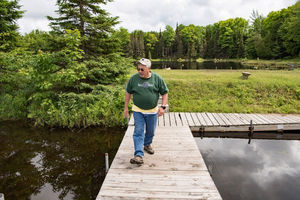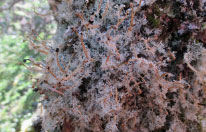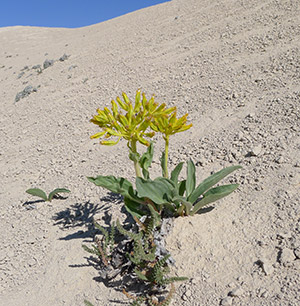Genetic tagging may unlock nature’s secrets and help conserve the world’s wildlife
By University of Alberta 3/26/2019 Tracking animals using DNA signatures are ideally suited to answer the pressing questions required to conserve the world’s wildlife, providing benefits over invasive methods such as ear tags and collars, according to a new study by University of Alberta biologists. Genetic tagging, or the identification and tracking of individual animals using DNA, is a non-invasive…


